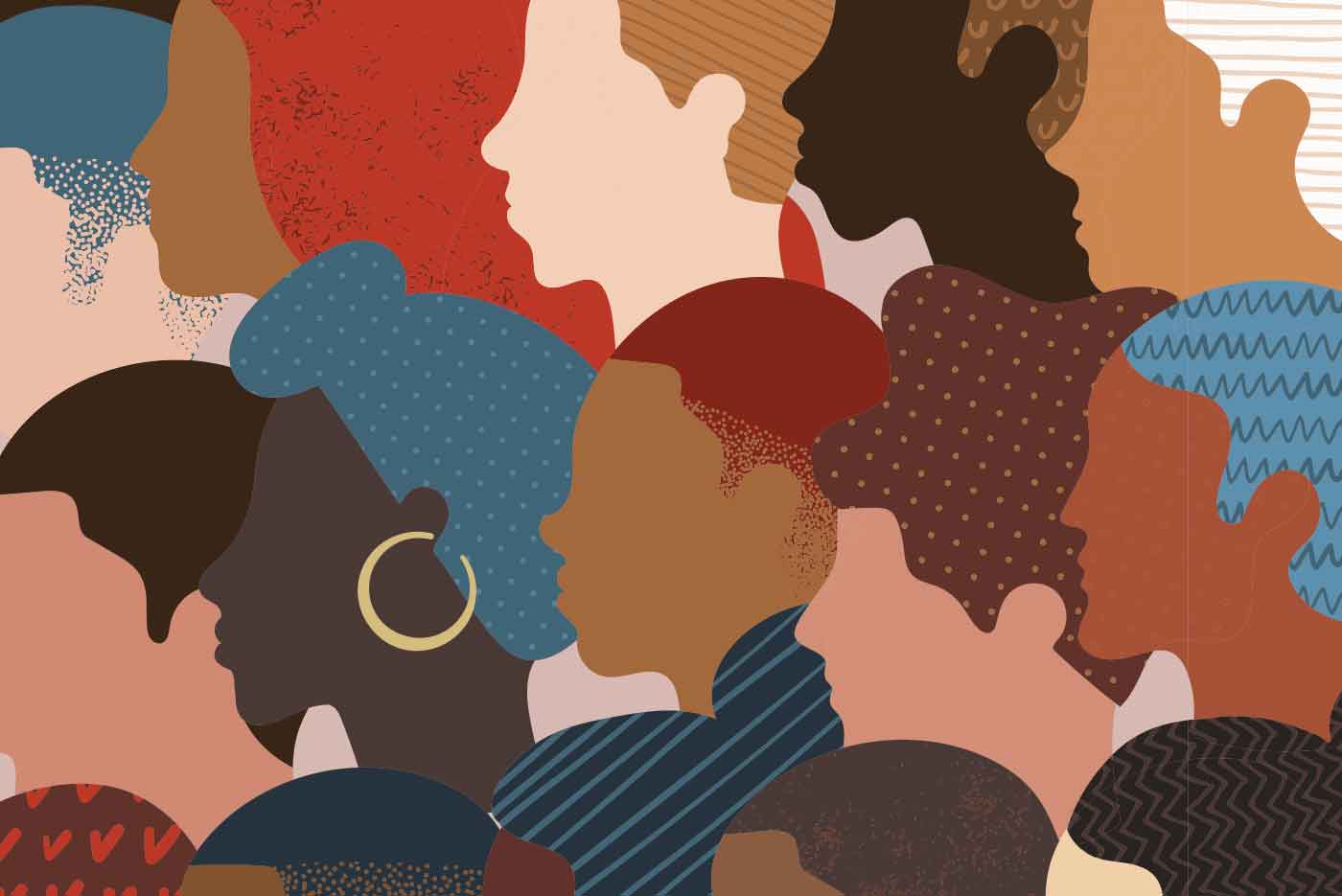Aronté Bennett, PhD, and co-authors found an alarmingly scarce body of scholarship on race in the marketing field when they conducted a retrospective review of studies spanning nearly 40 years in the Journal of Public Policy and Marketing.
In a digital paper published on the American Marketing Association’s website, the team of scholars urged fellow researchers to contribute to more robust work in this area.
“As researchers, not only are we charged with generating knowledge, we are obligated to identify understudied topics and develop a body of work around them,” says Dr. Bennett, associate professor and associate chair of Marketing and Business Law.
The group examined the instances of race being incorporated into studies published in the quarterly top-tier industry journal—and found just 48 articles that mentioned race since the journal's inception in 1982.
They conducted additional analyses of other journals in this space and came to similar findings, which they will present in a special session during the 2021 Marketing and Public Policy Conference.
Their findings suggest that race is frequently “considered an individual variable and a demographic, but not a central variable, one that explains an effect and contributes to theory,” Dr. Bennett says. “But we disagree and think it is inextricably woven into society and should be woven into our marketing scholarship as well. We need to place a higher value on work that addresses societal issues above and beyond strictly theoretical advances.”
At a time when the nation is keenly attuned to issues of race, is it possible that such research will begin to flourish? Given the fact that it takes two to five years to carry a research concept through to publication, Dr. Bennett says it could take some time before we see any results, “but the optimist in me says, ‘Yes.’”
“This is a very unique window of time. We’re all thinking about it. There’s space and place and an energy and interest in it. Only time will tell, but I’m hopeful,” she says.
“
We need to place a higher value on work that reflects societal issues above and beyond theoretical issues.”
Aronté Bennett, PhD, associate professor and associate chair of Marketing and Business Law
Did You Know?
Research has often looked at how people evaluate others based on two attributes: warmth and confidence. Using machine learning that programmed a dictionary of words related to warmth and confidence, Dr. Bennett investigated how this applied to political candidates in 2019. She found that female candidates were expected to be warmer and men, more confident.
